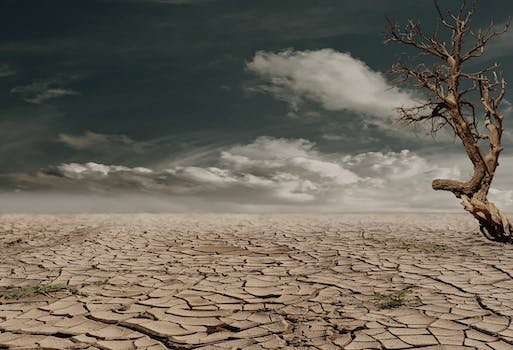-
Table of Contents
- Is Today a Dry Day?
- What is a Dry Day?
- Types of Dry Days
- How Dry Days are Observed
- Impact of Dry Days
- Global Perspectives on Dry Days
- Case Study: Dry Days in the Middle East
- Conclusion
- Q&A
- 1. What are dry days?
- 2. Why are dry days observed?
- 3. How do dry days impact businesses?
- 4. Are dry days observed worldwide?
- 5. How do dry days vary by region?

When it comes to the question of whether today is a dry day, there are various factors to consider. From legal restrictions to cultural norms, the concept of a dry day can vary significantly depending on the location and context. In this article, we will explore the concept of dry days, their significance, and how they are observed in different parts of the world.
What is a Dry Day?
A dry day refers to a day when the sale of alcohol is prohibited by law. This prohibition can be imposed for various reasons, such as religious holidays, national events, or to promote public health and safety. Dry days are often observed in countries with strong religious or cultural traditions that discourage or prohibit the consumption of alcohol.
Types of Dry Days
- National Dry Days: These are days when the sale of alcohol is prohibited across the entire country.
- Regional Dry Days: Some regions or states within a country may have their own specific dry days.
- Religious Dry Days: These are days when alcohol sales are banned due to religious observances or festivals.
How Dry Days are Observed
The observance of dry days can vary widely depending on the country and its cultural norms. In some countries, such as India, dry days are strictly enforced with all liquor stores and bars closed for the day. In other countries, such as the United States, dry days may be more loosely observed with some establishments choosing to remain open.
Impact of Dry Days
Dry days can have a significant impact on businesses that rely on alcohol sales for revenue. Restaurants, bars, and liquor stores may experience a drop in sales on dry days, leading to financial losses. However, dry days can also have positive effects, such as promoting public health and reducing alcohol-related accidents and incidents.
Global Perspectives on Dry Days
While the concept of dry days is most commonly associated with countries that have strong religious or cultural traditions, it is also observed in other parts of the world for different reasons. For example, some countries have designated dry days to commemorate historical events or to promote public safety during times of celebration.
Case Study: Dry Days in the Middle East
In many countries in the Middle East, alcohol consumption is strictly regulated or prohibited due to religious beliefs. Dry days are common during religious holidays such as Ramadan, when Muslims fast and abstain from alcohol. In countries like Saudi Arabia, the sale and consumption of alcohol are banned year-round, making every day a dry day.
Conclusion
Whether today is a dry day or not depends on a variety of factors, including the country you are in, the cultural norms, and any specific events or holidays taking place. While dry days can have both positive and negative impacts, they play an important role in shaping social behavior and promoting public health and safety.
Q&A
1. What are dry days?
Dry days are days when the sale of alcohol is prohibited by law.
2. Why are dry days observed?
Dry days are observed for various reasons, including religious holidays, national events, and public health concerns.
3. How do dry days impact businesses?
Dry days can lead to a drop in sales for businesses that rely on alcohol revenue, but they can also have positive effects on public health and safety.
4. Are dry days observed worldwide?
Dry days are more commonly observed in countries with strong religious or cultural traditions, but they can also be designated for other reasons in different parts of the world.
5. How do dry days vary by region?
Dry days can vary by region, with some countries having national dry days while others may have regional or religious dry days.






